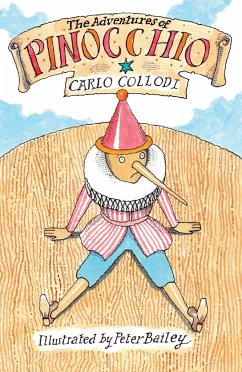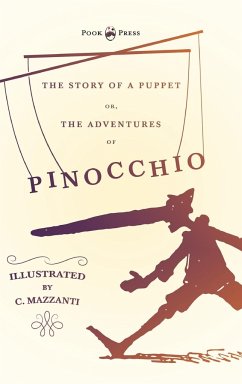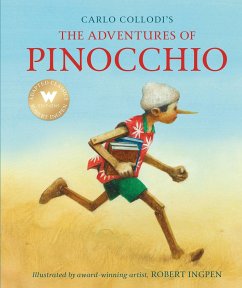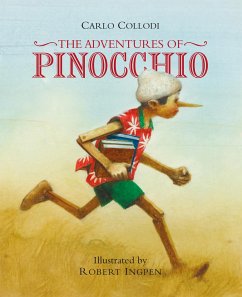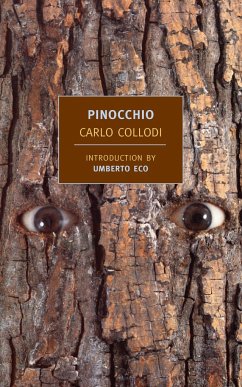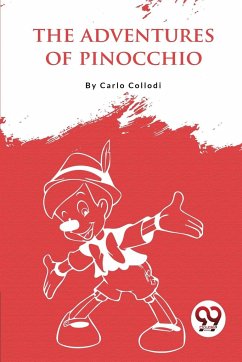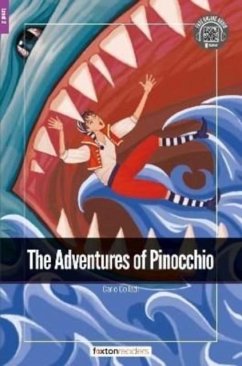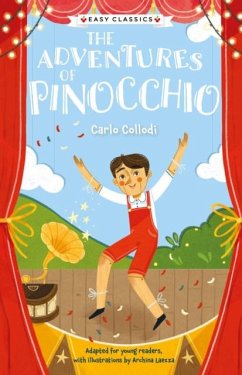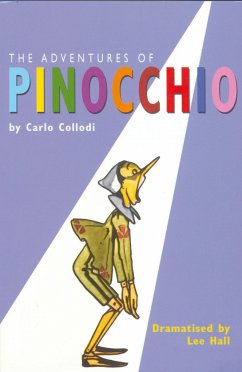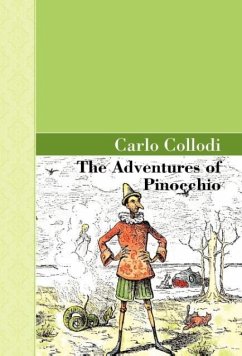
The Adventures of Pinocchio
Versandkostenfrei!
Versandfertig in 2-4 Wochen
26,99 €
inkl. MwSt.

PAYBACK Punkte
13 °P sammeln!
The Adventures of Pinocchio is the original tale of the wooden puppet who wants to be a real boy. In a small Italian village, an old wood-carver named Geppetto lovingly crafts a wooden puppet. But unbeknownst to him, the wood he used was extremely unusual, and when the toy is finished, it comes alive! Named Pinocchio, the puppet can do everything a living boy can do - especially when it comes to making mischief. Pinocchio longs to become a real flesh-and-blood child, but must survive many adventures and learn a few life lessons before achieving his fondest wish. This lively story is full of hu...
The Adventures of Pinocchio is the original tale of the wooden puppet who wants to be a real boy. In a small Italian village, an old wood-carver named Geppetto lovingly crafts a wooden puppet. But unbeknownst to him, the wood he used was extremely unusual, and when the toy is finished, it comes alive! Named Pinocchio, the puppet can do everything a living boy can do - especially when it comes to making mischief. Pinocchio longs to become a real flesh-and-blood child, but must survive many adventures and learn a few life lessons before achieving his fondest wish. This lively story is full of humor and social observation - much of which has been lost in later re-tellings. Read it yourself and discover the reasons for its enduring popularity with all ages.



